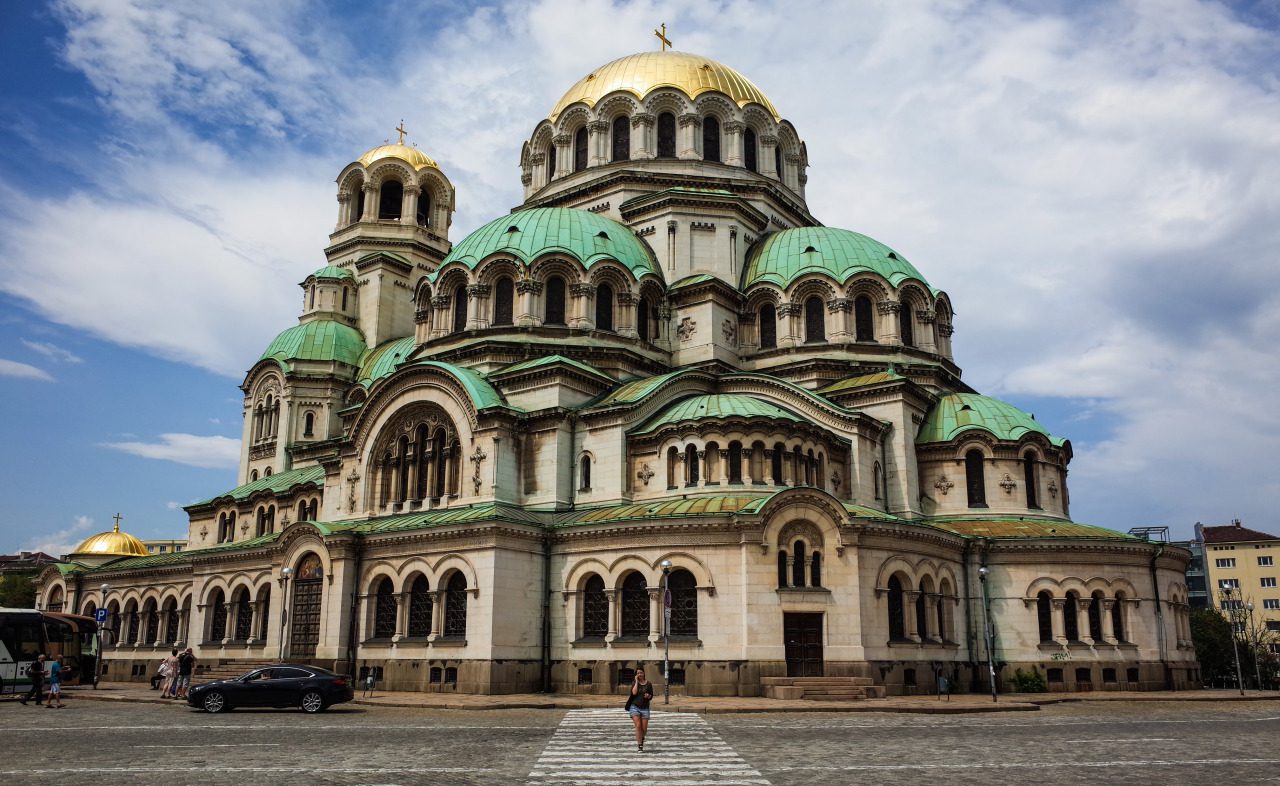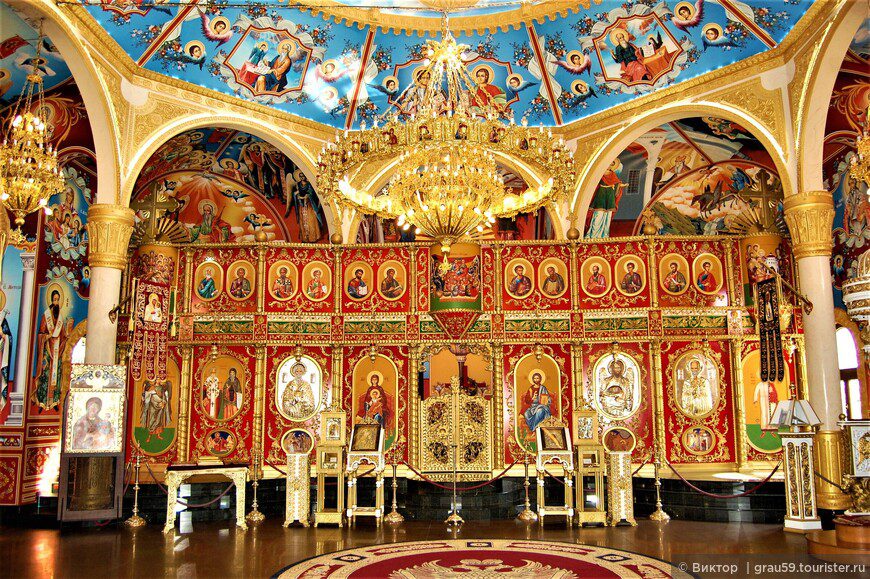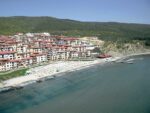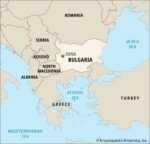Religion in Bulgaria: History, Traditions and Modernity
Religion occupies an important place in the life of Bulgarian society, shaping its cultural and social aspects throughout the centuries. Throughout its long history, Bulgaria has experienced various religious transformations, from the early Slavic beliefs to the adoption of Christianity and then the influence of other faiths. The traditions, developed as a result of these processes, continue to exert a significant influence on contemporary Bulgarian identity. In this article we will examine the historical roots of religion in Bulgaria, the main traditions that have survived to the present day, and the current state of religious life in the country. It will be interesting not only to learn about the main religious movements present in Bulgaria, but also to understand how they influence the cultural landscape of the country in the context of globalization and contemporary social changes.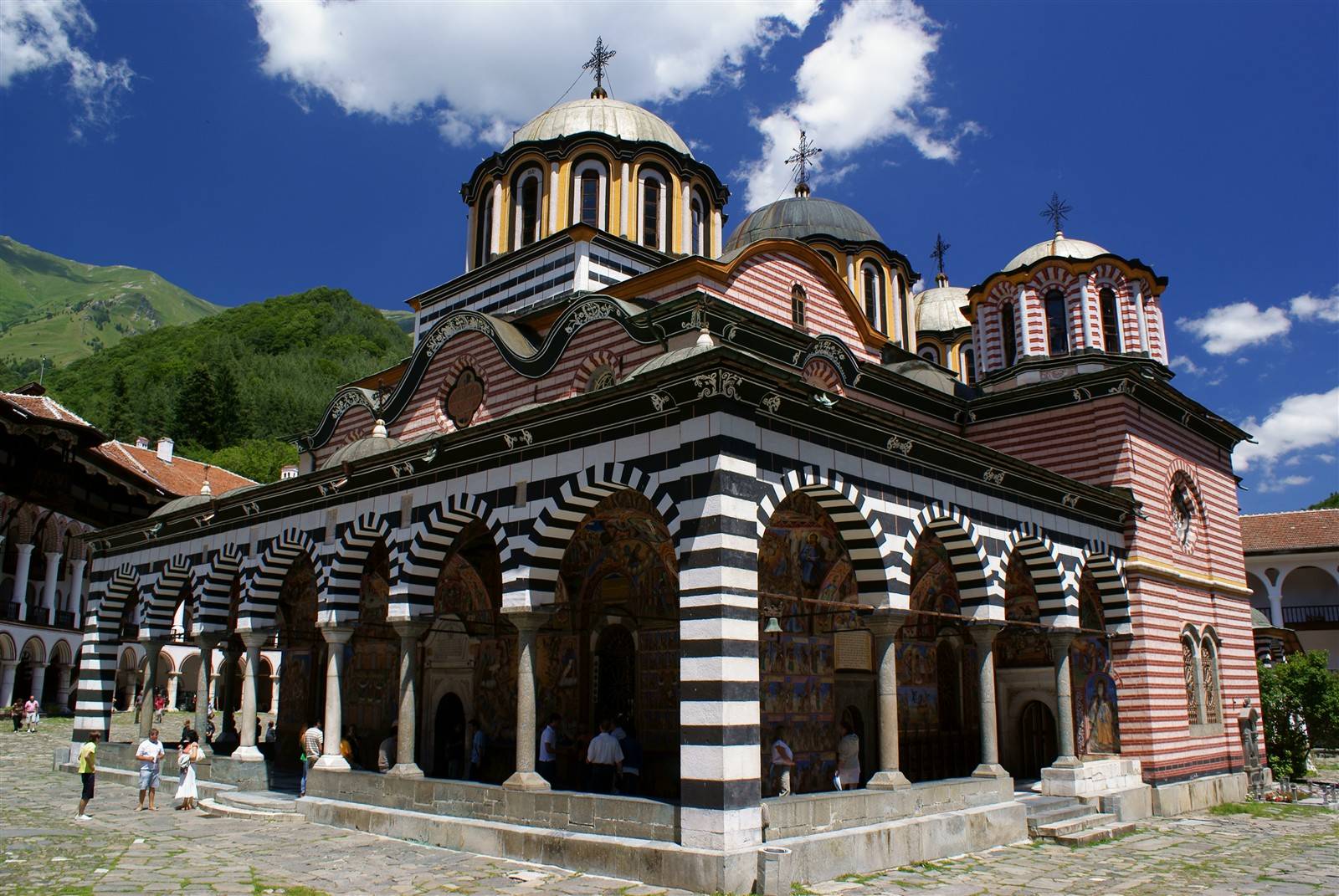
Historical roots of religion in Bulgaria
Bulgaria, like many countries in Eastern Europe, has a complex and multi-layered religious heritage that dates back to ancient times. The Slavs who inhabited these lands brought with them pagan beliefs based on the veneration of nature and ancient deities. With the arrival of Christianity in the 9th century, religion began to occupy the spaces previously occupied by paganism, which became the basis for the formation of a unique Bulgarian spiritual identity. Important moments in the development of religion in the country include:
- Acceptance of Christianity: In 864, at the behest of Tsar Boris I, Bulgaria adopted Christianity as the state religion.
- Creation of the Bulgarian written language: In the 9th century, Cyril and Methodius developed the Glagolitic alphabet, which helped spread the faith and culture.
- Autocephaly of the Bulgarian Church: In 927 the Bulgarian Church gained independence, which consolidated its influence on the spiritual life of the people.
Over the centuries, religion in Bulgaria has developed and changed under the influence of various cultural and historical factors. After the Ottoman conquest, local traditions and beliefs were significantly altered, but Orthodoxy retained its importance as a symbol of national identity. In modern times, Bulgaria is a country where various religions and faiths coexist, including:
| Religion | Percentage of population |
|---|---|
| Orthodoxy | 76% |
| Islam | 15% |
| Catholicism | 0.5% |
| Others | 8.5% |
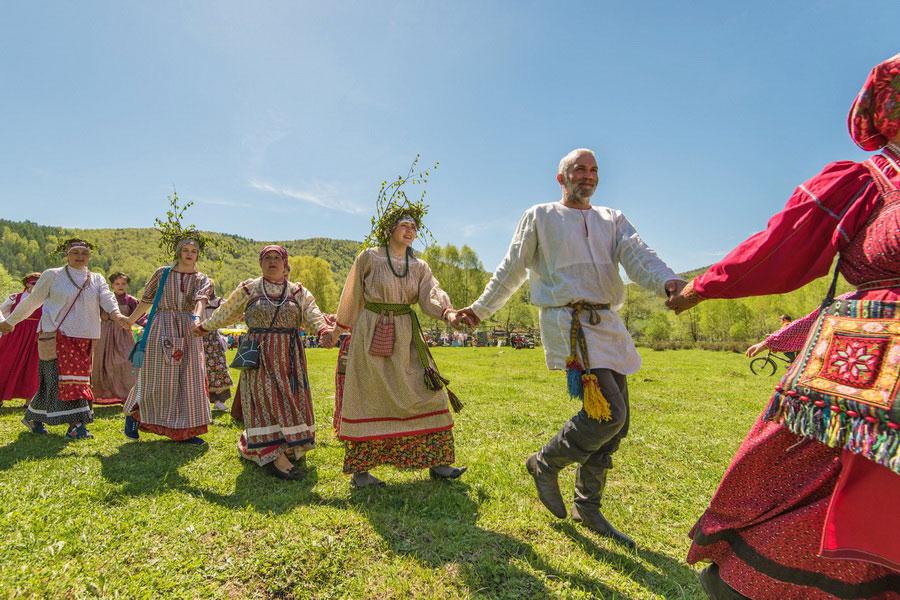
Traditional rituals and holidays of the Bulgarian religion
Bulgarian religious culture is rich in a multitude of traditional rituals and festivals that reflect the deep roots of ancient beliefs and Christian practices. Many of them are associated with the cycle of agricultural work, the change of seasons of the year, and important life events. Major holidays celebrated in Bulgaria include:
- Babinden - A day dedicated to the woman who assists in childbirth.
- Surva - Old Style New Year, which is celebrated with active carnival processions.
- Todorovden - Horse Day, celebrated with traditional races.
- Christmas - is celebrated with a family dinner and many rituals, such as laying millet under the table.
These traditions are often accompanied by unique rituals that help keep the generational connection and emphasize the importance of community. The use of symbolism, such as corn and the Christmas tree, becomes a focal point during the holidays. Below is a table showing the main traditions and rituals at some holidays:
| Celebration | Tradition | Date |
|---|---|---|
| Babinden | Celebration of childbirth | Jan. 8 |
| Surva | Carnival processions | January 13-14. |
| Todorovden | Horse racing | On the first Saturday before Lent |
| Christmas | Dinner with millet under the table | December 25. |
Current state of religious denominations in Bulgaria
In modern Bulgaria, religious life is diverse and dynamic. The most widespread religion remains Orthodox Christianity, which plays a central role in the cultural identity of the Bulgarian people. There are numerous temples and monasteries in the country, which have preserved centuries-old traditions. In addition, there are other faiths such as Islam, Catholicism and Protestantism. Islam, being the second largest religion, is strongly represented among Bulgarian Muslims, especially in regions with great ethnic diversity.
In addition to traditional Christian and Islamic beliefs, there has recently been a growing interest in lesser-known religions and spiritual practices. These include various new age movements and Eastern teachings, which some groups of young people are oriented towards. This diversity creates a distinctive religious palette where ancient customs and modern aspirations intersect. Attitudes toward religion vary from deep commitment to skepticism, allowing us to observe the flourishing of both classical and new movements in the country.
The state of religious denominations in Bulgaria can be summarized in the following table:
| Confession | Percentage ratio |
|---|---|
| Orthodoxy | 59% |
| Islam | 8% |
| Catholicism | 1% |
| Protestantism | 1% |
| Atheists and agnostics | 30% |
Influence of religion on Bulgarian culture and society
Religion plays an important role in shaping the cultural and social aspects of Bulgarian society. The main religion in the country is Orthodox Christianity, which has had a significant influence on the development of Bulgarian culture. Traditional festivals such as Christmas, Velikden (Easter) and Denja on Sveti Georgi (St. George's Day), reflect the spiritual and cultural values of Bulgarians. These holidays not only bring people together, but are transformed into colorful cultural events that include folklore dances, music и culinary traditions.
The influence of religion can also be traced in the country's architecture and art. Many churches and monasteries, such as Rila Monastery и Boyan ChurchThey are not only architectural monuments, but also symbols of national identity. Throughout the centuries, church art has contributed to the spread of education and aesthetic perception among the people. Modern Bulgarian society retains religious traditions, although with increasing secularization there is a growing interest in a new view of spirituality and identity, which also reflects changes in the personal and social life of the population.
Conclusion
Religion in Bulgaria is a multi-layered phenomenon reflecting the rich history and cultural diversity of the country. From ancient pagan beliefs to the introduction of Christianity and then different religious movements, Bulgaria's spiritual heritage continues to evolve today. Traditions related to holidays and rituals remain an important part of Bulgarian life, uniting generations and keeping in touch with the historical past. In a modern society where different worldviews and approaches to faith clash, religion plays a key role in preserving cultural identity and interethnic dialog. Understanding these aspects can deepen our awareness not only of Bulgarian culture, but also of the broader context of religious practice in the contemporary world.
